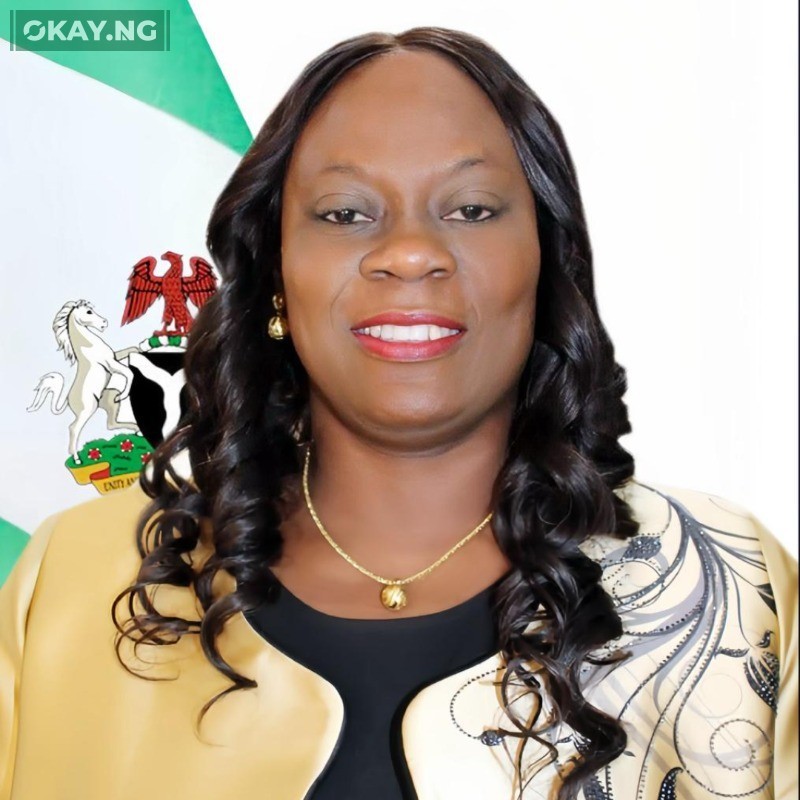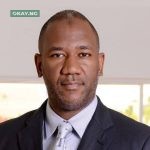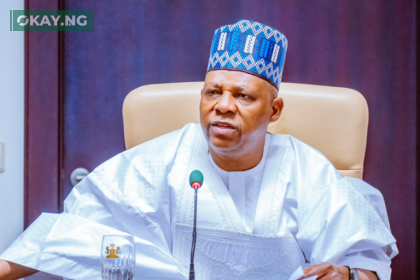Temitope Ilori, Director-General of the National Agency for the Control of AIDS (NACA), disclosed on Friday that an estimated two million Nigerians are currently living with HIV.
Ilori made this announcement at a retreat titled: ‘Leadership For Sustainability Of The HIV Response: The Role of The Legislature’, organized for members of the House of Representatives Committee on AIDS, Tuberculosis, and Malaria (ATM) in Lagos.
Addressing the retreat, Ilori highlighted that of the two million Nigerians living with HIV, approximately 1.7 million are receiving treatment. She underscored the significant reliance on international donors and partners in funding the national HIV/AIDS response over the past two decades.
“We are working with an average estimate of about 2 million Nigerians living with HIV/AIDS and about 1.7 million of them are on treatment,” she stated.
“But be that as it may, we realize that in the past 20 years or so, most of the treatment and most of the national response are being funded by partners, international donors, and international aid. I think it is time we start talking about ownership and sustainability.”
Ilori emphasized the importance of legislative support in achieving the global goal of eradicating HIV/AIDS by 2030, stressing the need for a new business model that leverages both national and subnational structures to ensure the sustainability and ownership of the HIV response.
“We have a target of eradicating HIV/AIDS by the year 2030 which is the global target and we are trying to work towards achieving this,” she said.
“So, we believe that as stakeholders in this project, the honorable members supervising us as the ATM committee should be well abreast of the situation as at today and what our roadmap and our vision and mission are, and how we want to achieve the target to ensure the sustainability and ownership of the national response.”
Leo Zekeng, Nigeria Country Director of the United Nations Programme on HIV/AIDS (UNAIDS), also spoke at the event, highlighting the severe impact of HIV/AIDS globally.
He noted that the disease has infected around 80 million people and caused 40 million deaths over the past half-century. Despite this, Zekeng acknowledged the “remarkable progress” made in reducing new HIV infections.
“In 2023, we registered about 75,000 new infections. This is 8,800 per week. We have registered 45,000 AIDS-related deaths. About 900 per week,” Zekeng reported.
Zekeng also called attention to the unsustainability of donor-dependent funding and urged greater legislative involvement to sustain the HIV response.
He emphasized the need for political and financial commitment to end AIDS by 2030, urging the national assembly to enhance efforts in legislation, resource allocation, awareness-raising, and accountability.
He criticized Nigeria’s current health budget allocation, stating that the country falls short of the Abuja Declaration’s goal of allocating 15 percent of the national budget to health.
“We passed the Abuja declaration of spending 15 percent of our budget for health. We are getting merely around 5 percent. And you will agree with me this is unacceptable. Nigeria is a very rich country,” Zekeng remarked.












